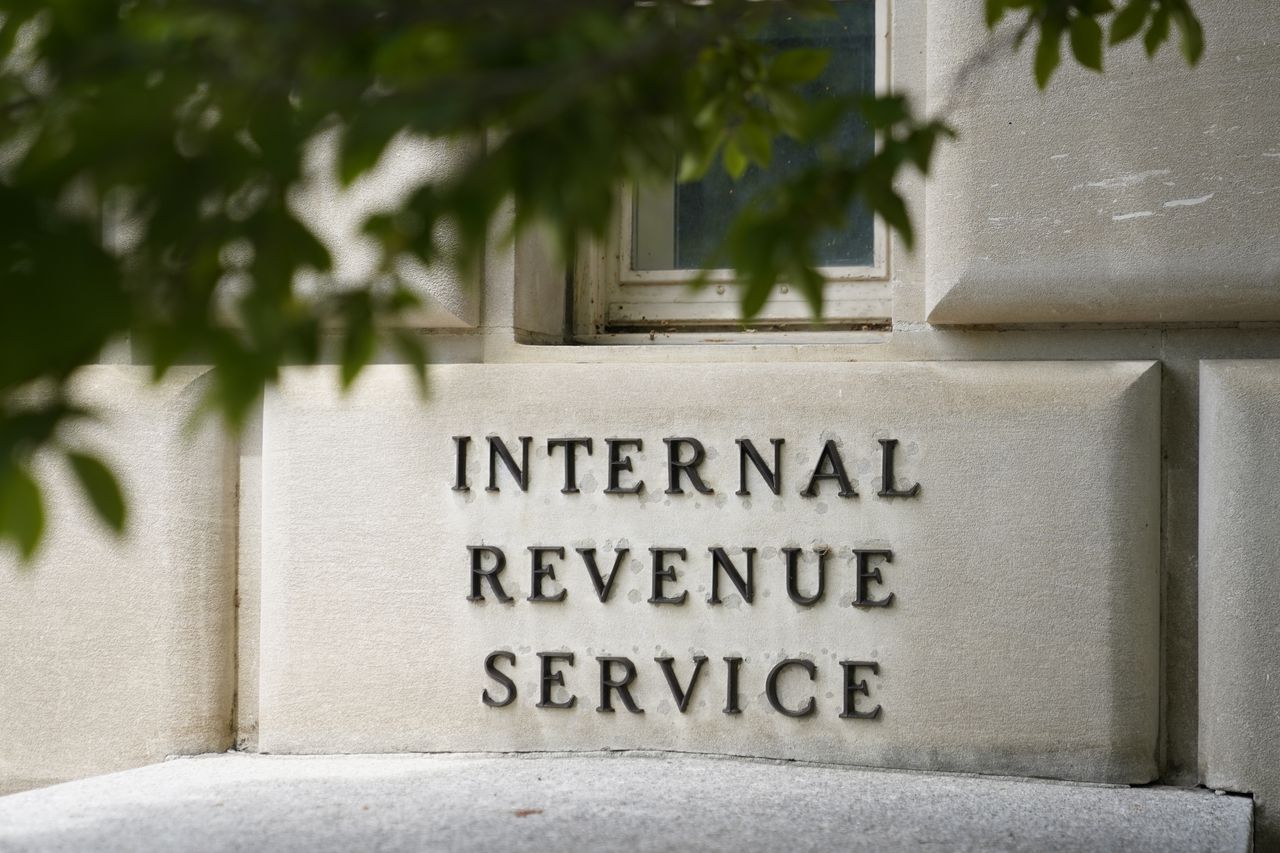IRS has another big warning for taxpayers
The Internal Revenue Service is warning taxpayers to keep an eye our for fraudsters working as tax return preparers.
People should be on the lookout for shady tax preparers and watch for common warning signs, such as charging a fee based on the size of the refund. Other common scams are refusing to sign the return or asking people to sign a blank return.
“Most tax professionals offer excellent advice and can really help people navigate complex tax issues. But we continue to see instances where taxpayers are “ghosted” by unscrupulous tax preparers with bad advice who quickly disappear,” said IRS Commissioner Danny Werfel. “We encourage taxpayers to check out the tools and resources available to them to ensure they find the right tax professional for their needs.”
READ MORE: IRS has big warning on tax filings
Here are some IRS tips to avoid unscrupulous tax preparers
Check credentials
Check credentials of tax preparers. Tax professionals are required to have an IRS Preparer Tax Identification Number, known as a PTIN, to prepare federal tax returns. You can see the IRS list of federal tax return preparers.
Avoid “ghost” tax preparers
A major red flag or bad sign is when the tax preparer is unwilling to sign the dotted line. Avoid these “ghost” preparers, who will prepare a tax return but refuse to sign or include their PTIN as required by law.
Not signing the return could mean the preparer may be looking to make a quick profit by promising a big refund or charging fees based on the size of the refund. This leaves the taxpayer vulnerable and on the hook for any misinformation on the return. Taxpayers should never sign a blank or incomplete return.
READ MORE: Tax filers will get $372 of bad news this year, on average: Here’s why
Avoid these preparers
- Ask for a cash only payment without providing a receipt.
- Invent false income to try to get their clients more tax credits.
- Claim fake deductions to boost the size of the refund.
- Direct refunds into their bank account, not the taxpayer’s account.
